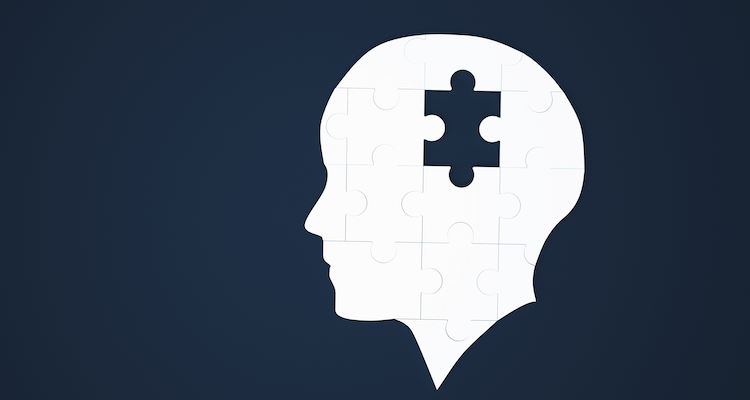October 24, 2019 - Memory Care
The Importance of Cognitive Testing for Dementia
Did you know that cognitive testing for dementia and Alzheimer’s disease only takes a few minutes? The test involves the patient and any available family members answering simple questions. Physicians can also observe a patient’s interactions, or have them take short written or verbal tests.
What’s even more shocking is that research shows that many wellness visits for seniors are not including these vital screenings! Early detection and diagnosis are crucial when it comes to dementia and Alzheimer’s. When left undiagnosed, the disease can progress more quickly and offers little time for a patient to plan for future care.
So, what can be done to bridge this gap?
The Importance of Advocating for Yourself and Your Loved One
At the end of the day, the most important thing you can do as a senior or caregiver is to advocate for your needs. If you sense something is off, if you’re showing symptoms, or if you have a family history of Alzheimer’s or dementia, you need to make sure you are getting a cognitive screening at every wellness visit.
You may wonder why doctors hesitate to offer this potentially life-changing screening, and the answer is simple. Physicians are often worried about identifying a cognitive problem that an older patient didn’t realize they had. It could impact the quality of life, cause stress and anxiety, or require additional testing they may not be ready for.
However, in cases where primary care doctors are on a more personal level with their patients, cognitive testing may not even be necessary. A doctor that knows you well should notice changes just from engaging in normal conversation with you during your regular visits.
The Key to Making an Alzheimer’s Screening Worth It
Ultimately, whether the doctor suggests cognitive testing or you request it, the most important aspect to making the testing worth it is the follow-up afterwards. With other senior health issues, a follow-up appointment, testing or action plan is usually required. With dementia and Alzheimer’s disease, there is no clear path for patients to follow after diagnosis.
Below are some of the important steps seniors should take after a cognitive issue is identified:
- Go home and do some research on your own. Read scholarly articles, visit medical websites and even try to get information from your local hospital.
- Learn the basics of how the disease progresses and the available treatment options.
- Get on a regular schedule with your physician or go to see a cognitive specialist.
- Slowly start planning for long-term care. Look for senior living communities with a continuum of care.
- Get help as needed. Your loved ones can help you do research, learn more about the disease and even start assisting with day-to-day tasks as needed.
While an Alzheimer’s or dementia diagnosis is life-changing, there are ways to ease the transition, alter your lifestyle and find the support you need in this new journey.
Memory Support When it Matters Most at Peregrine Senior Living
At Peregrine Senior Living, our philosophy is designed to create a nurturing environment that celebrates individuality and fills each day with purpose. We go beyond just the basic needs of residents and also provide enriching experiences that allow seniors to hold onto what makes them unique. Learn more about our approach to memory care and schedule a tour of our communities. Contact us today.







